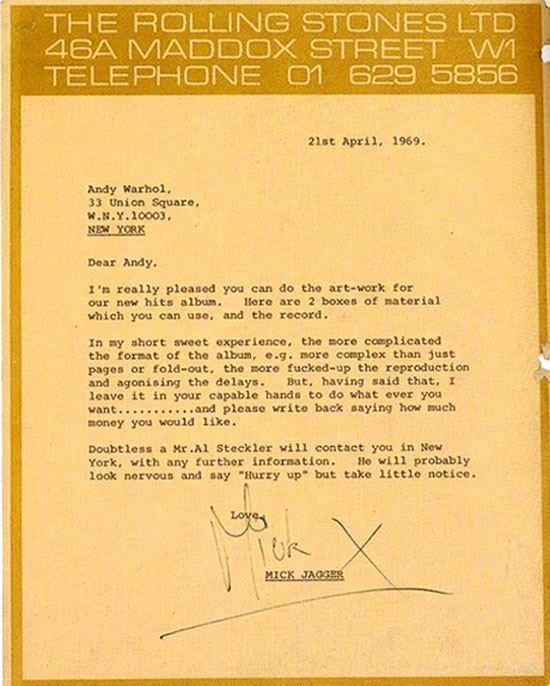Ford is desperate for talent - what should they do?
There has been plenty of interesting news about venerable auto manufacturer Ford this week. In the same week as the company reported an outstanding quarterly earnings report, ($38B in revenue and more than $1B in profit), it also indicated its plans to hire as many as 3,000 new engineers and other professionals this year.
You might think that for a well-known company like Ford, one that is currently enjoying a run of improving business prospects and results, and in a time where there is still comparatively high overall unemployment and low labor force participation rates in the US, that filling these 3,000 positions would not be terribly challenging. But at least according to comments from some Ford execs, you would be wrong. Check out what they had to say about their hiring challenges:
improving business prospects and results, and in a time where there is still comparatively high overall unemployment and low labor force participation rates in the US, that filling these 3,000 positions would not be terribly challenging. But at least according to comments from some Ford execs, you would be wrong. Check out what they had to say about their hiring challenges:
“It’s much more difficult getting the right people” than it was in decades past, laments Felicia Fields, group vice president of Human Resources for Ford, reflecting a shift in “the type of people” the automaker needs in an era when high technology systems have become as much a part of today’s vehicles as traditional, mechanical devices.
“It’s more difficult, more complex,” she says, and not just because of the different skills workers may need in today’s auto industry. The problem is that Ford is no longer just competing for talent against the likes of GM, or even Volkswagen or Toyota, but also against consumer electronics firms ranging from Apple to Google to Dell.
Ford has to convince some skeptical prospects that the auto industry can offer as much of a challenge as Silicon Valley, while also trying to promote Detroit as an appealing home base – something that can be particularly challenging at a time when the Motor City is in the midst of the largest municipal bankruptcy in American history.
It sure is a bit of a recruiting quandary that Ford is facing. At the same time when growth, a rebound from the lows of the recession, and an aggressive and optimistic strategy calls for expansion, (and more talent to power these plans), they are also faced with competing for talent against foes they are not familiar with, and for many of these positions, having to lure people into a geographic area (greater Detroit), that is less than enticing, (to be charitable).
Yep, having to mix it up with Google and Apple, convincing people that the auto industry is cool, and selling Detroit at the same time? That is a challenge for sure.
So faced with this situation what should be the play for Ford?
Play up the auto industry rebound and a chance to be at the start of that?
Sell the lower cost of living, lifestyle, and I don't know - the Pistons (who are going to be better this year), to the technical talent that would normally head to Silicon Valley or New York?
Raise the comp and ben and perks packages to get them closer to what the talent can demand, (and likely expects) in order to level the playing field with the Valley tech companies?
Something else?
Why is this interesting or relevant to the average HR/Talent pro?
Because today this talent challenge is Ford's problem to solve - tomorrow it may be yours too.
So what should Ford do?

 Steve
Steve


